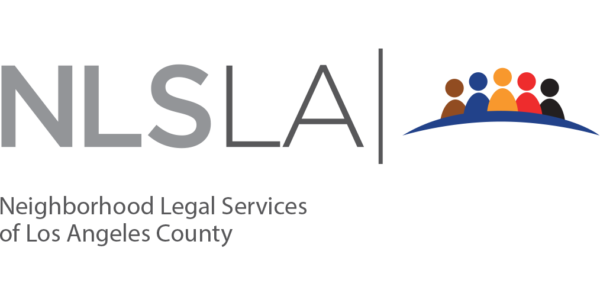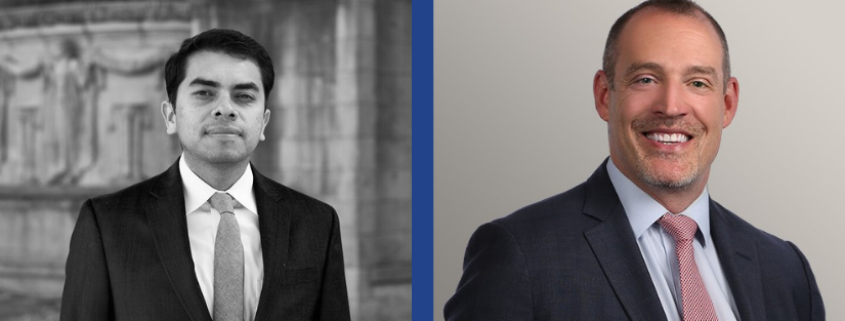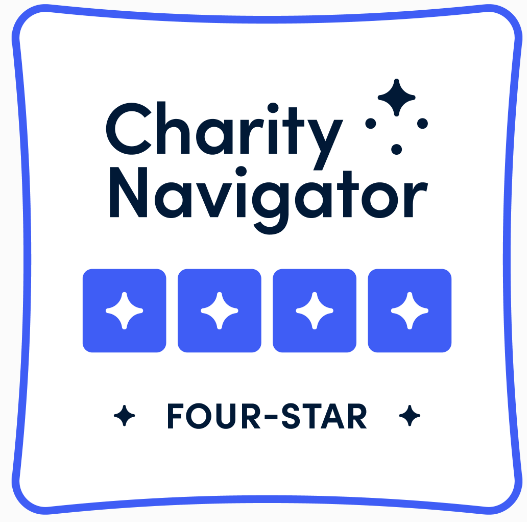Return to the Fold: Two former interns join NLSLA’s Board
When David Willingham recruited Miguel Gradilla to join the private firm where he was working, the two bonded over their childhoods in Los Angeles’ low-income neighborhoods, and their past work with NLSLA, where each of them had interned when they were in school. Many years later, when Gradilla decided to join NLSLA’s Board of Directors, it was his turn to do the recruiting. He called Willingham and asked him whether he might join as well.
Miguel Gradilla
Miguel Gradilla first interned at NLSLA’s El Monte office the summer after his freshman year at Stanford.
“A senior who was in my dorm just happened to mention she had spent the previous summer in the El Monte office, and she connected me to the program,” he said. It was a way for him to explore his interest in the law while spending the summer at home with his family in Pico Rivera. Gradilla helped out at the organization’s workers’ rights clinic, interpreting for some of the litigants.
“My dad was a restaurant worker, so I saw some similarities in the clients who would come through,” he said. “A lot were restaurant workers themselves.”
There were also many immigrants, and Gradilla recognized in them both the strengths and vulnerabilities of his parents, who left Mexico to give their children opportunities they never had.
“My parents were unable to study beyond the sixth grade, and they didn’t know anything about the law,” Gradilla said. That was true for many of the people Gradilla helped at NLSLA. He remembers one man who came to the clinic and reported living in the facility where he worked making molds for dentists’ offices.
“He was not getting paid, and he slept in a little cot next to his work station,” Gradilla said. “I remember being motivated by that.”
When he returned to Stanford in the fall, he became involved with a workers’ rights project at the Law School, even though he was still an undergraduate. After he got his BA, he moved back to Los Angeles and took a job doing business management for an industrial supplier. But every Wednesday he came back to NLSLA for the workers’ rights clinic.
“I realized I was having more fun doing that,” he said. “And when an opening came up at the Health Consumer Center, I joined the program as a paralegal.” The Medical Legal Community Partnership was just launching at the time, and Gradilla was the first paralegal to be sent out to clinics in South Los Angeles and the Northeast San Fernando Valley.
Eventually he went to law school at Columbia, where he served as managing editor of the Columbia Journal of Race and Law and president of the Latinx Law Students Association.
Today, Gradilla is an associate at Conrad | Metlitzky | Kane LLP, with a practice focusing on complex civil litigation and white collar criminal defense. But he has remained active in public interest law, with a pro bono practice focused on safeguarding immigrant rights. He recently served as first-chair appellate counsel in a federal asylum case, which he argued before the Ninth Circuit Court of Appeals, and co-authored an amicus brief in a case before the U.S. Supreme Court concerning the addition of a citizenship question to the 2020 Census.
Joining NLSLA’s Board of Directors was a kind of homecoming for Gradilla. He’s familiar with so much of the organization’s work, and is excited about its role in impacting policy.
“You can’t make reforms to systems on a macro level without seeing how they play out on a micro level, he said. “You can talk all day about how things should work, but if you don’t actually see how things operate on the ground, it’s difficult to make real changes. NLSLA sees how these systems play out in people’s lives.”
David Willingham
David Willingham grew up in Pacoima, where his mom worked as a junior high school teacher. He first heard about NLSLA—then called San Fernando Valley Neighborhood Legal Services—while in law school at USC, when he came across an opportunity for summer internships available to first-year students. He was surprised to find there was a nonprofit law firm serving his neighborhood.
“I didn’t know what type of work they did before I started,” he said. “I just knew I wanted to do the work of serving the community where I grew up—that was so important to me.”
That summer, he worked on housing issues and also did some community organizing. He found he had a knack for the work, and was asked to stay on during the following school year.
“I remember we helped a group of tenants to organize themselves to take over their building from a slumlord,” he said. The building was in disrepair, and the tenants were paying their rent to the city instead of the landlord in a program intended to force landlords to make repairs. But the landlord essentially abandoned the property and the tenants, and they couldn’t afford to move somewhere else.
“There was such a deep sense of community in the building,” he said.
After law school, Willingham joined the United States Attorney’s Office in the Central District of California, where he became deputy chief of the Major Frauds Section. In that capacity, he spent two years supervising the subsection responsible for all health-care-fraud-related prosecutions within the district.
Later, as a partner at a private firm, he recruited an associate named Miguel Gradilla, and the two bonded over their shared childhood experiences growing up in low-income neighborhoods in the LA area, and over their past experiences as interns and employees for NLSLA.
They have both since left that firm, but have stayed in touch. And when Gradilla called earlier this year to say he was joining the NLSLA board, he quickly convinced Willingham to join as well.
After many years of active involvement, Willingham said he “had been taking a break from serving on boards, but when Miguel asked whether I was ready to get involved again, I said, ‘You know what, I am. Especially for NLSLA,’” he said. “I jumped at it.”
Today, Willingham is a partner with King & Spalding, focusing on white-collar criminal defense and complex litigation matters. He has both prosecuted and defended many matters of public interest, including those involving health care fraud, financial fraud and money laundering charges. He has also handled numerous parallel investigations with the SEC and other regulatory bodies, as well as successful appeals before the Ninth Circuit Court of Appeals.
He’s excited to learn more about how NLSLA has grown, and to help it get where it’s going.
“What I had known back then is not where NLSLA is today—it is so far beyond that in terms of breadth and reach into the community,” he said. “Having direct legal services to help those who need them, outside of the context of the criminal justice system, is one of the most important things we can do as a society, and NLSLA is doing it in the places where it matters most.”



